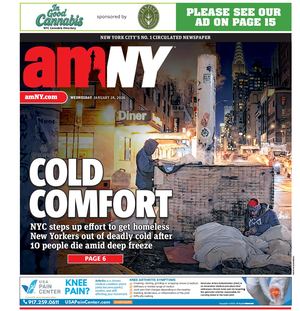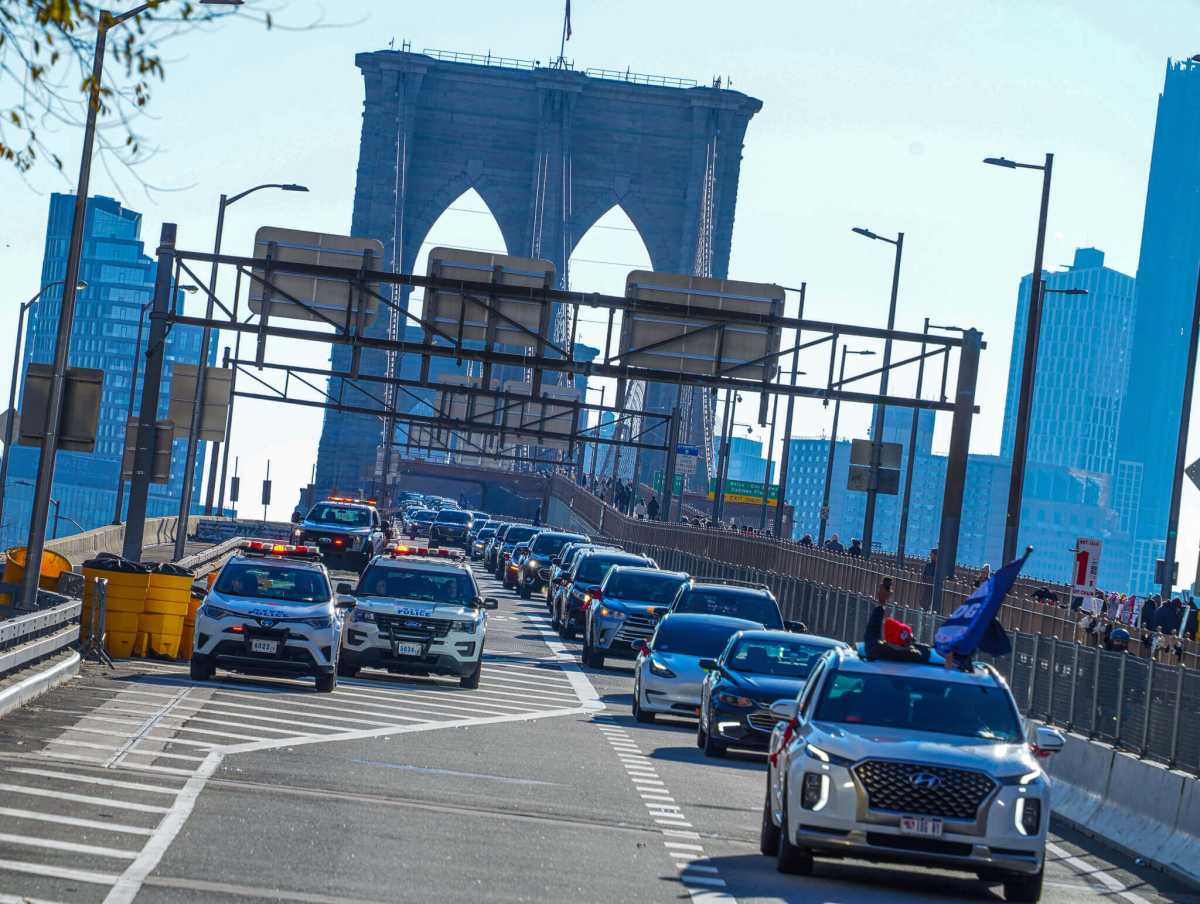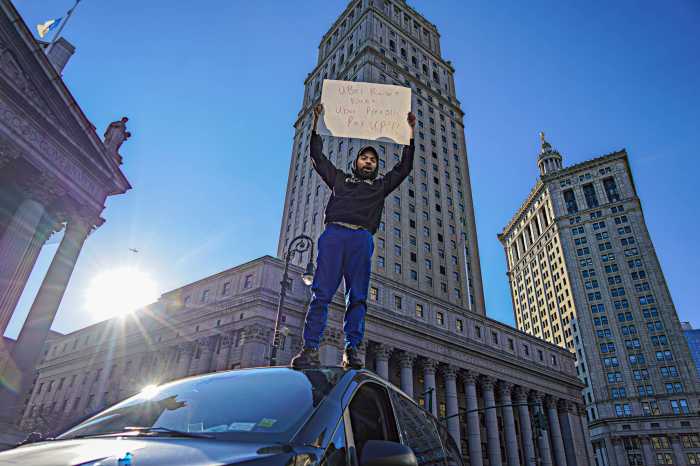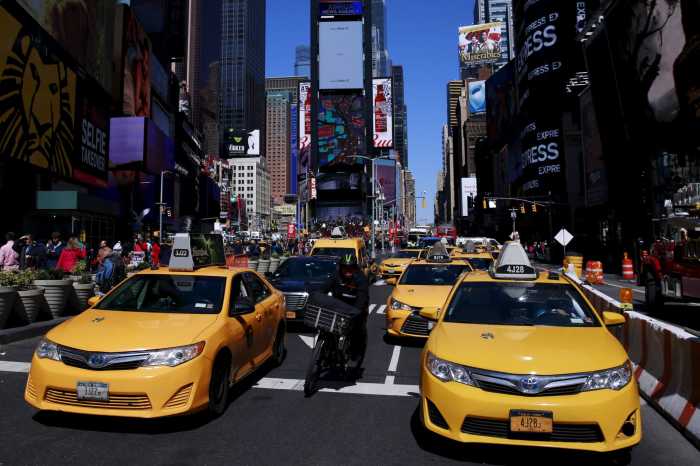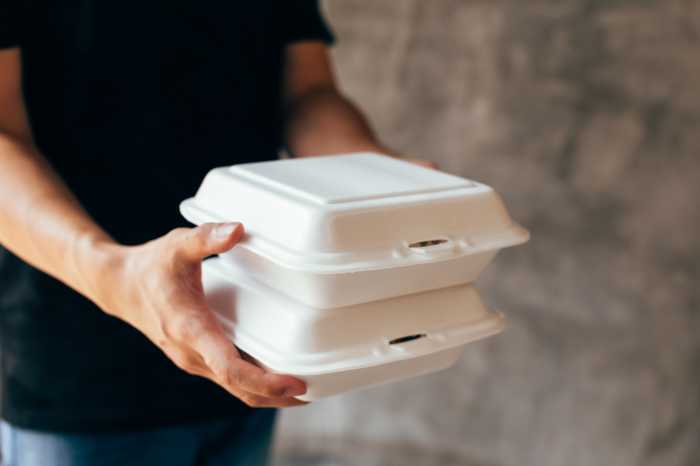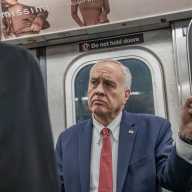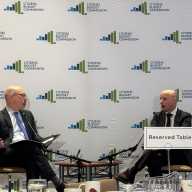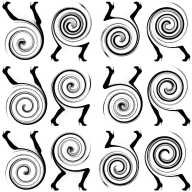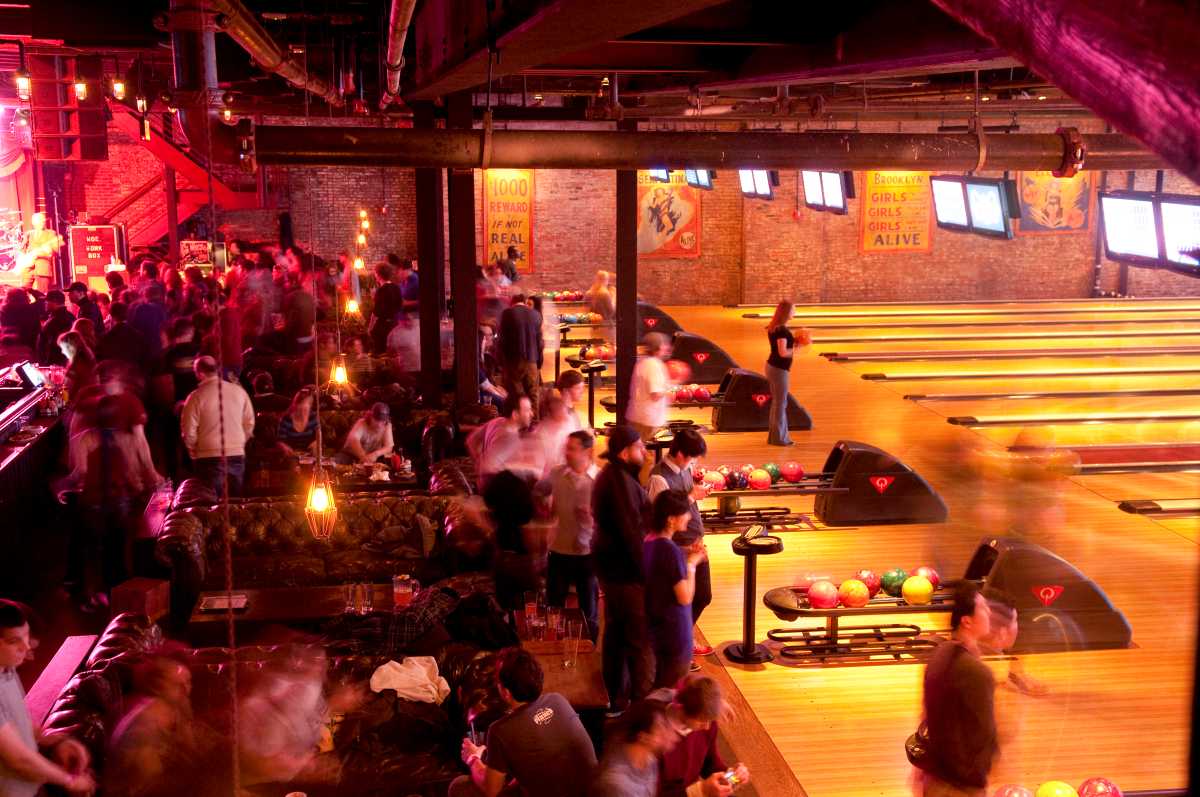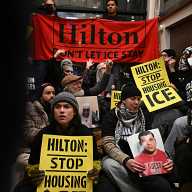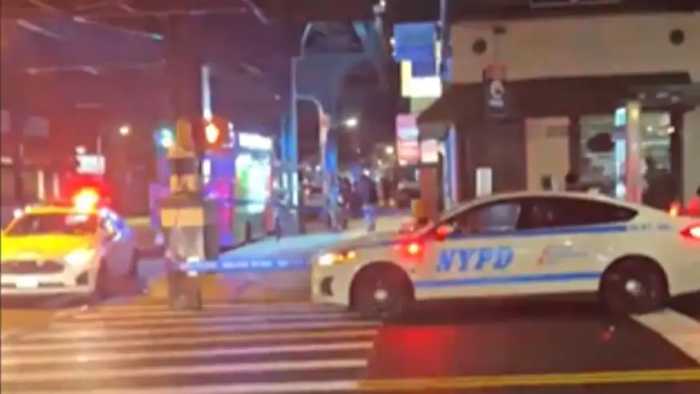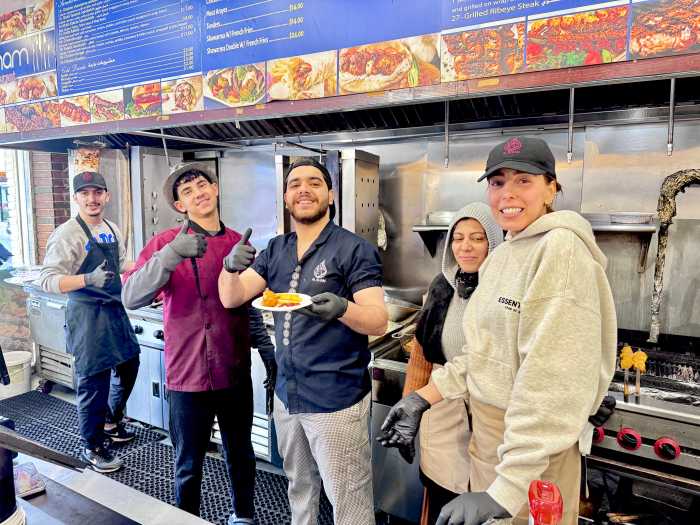Uber drivers on Thursday will embark on a second 24-hour work stoppage in just two weeks, in protest of the rideshare giant’s lawsuit that has halted a city-approved wage increase.
The New York Taxi Workers Alliance, a union representing 21,000 cabbies and rideshare workers, is calling on all drivers to stop working on Jan. 5, from 12:01 am to 11:59 pm, and for New Yorkers to turn off the Uber app on Thursday to show solidarity with drivers. Strikers and allies will rally at noon outside Uber’s downtown Manhattan offices at 3 World Trade Center.
Uber sued the city’s Taxi & Limousine Commission last month, aiming to halt a 7% per-minute and 16% per-mile wage increase for drivers approved by the TLC in November; within days, Judge Arthur Engoron granted a restraining order sought by the company, putting a temporary kibosh on the raise.
The work stoppage — the second by drivers since the restraining order was imposed on Dec. 13 — will come one day before the parties convene for a hearing at Manhattan Supreme Court on Friday. Uber is seeking a preliminary injunction to stop the raise until the resolution of the lawsuit, a move opposed by the TLC.
In a statement, TLC Commissioner David Do expressed support for the protesters’ cause.
“The city’s for hire drivers have every right to protest Uber’s attempt to deny them the inflation and cost of living pay adjustment that they are rightfully due,” said Do. “TLC is actively protesting this too, in court.”
The company has deemed the wage increase “dramatic” and “unprecedented,” and argues it was determined by cherry-picked data on the impacts of inflation; it specifically highlighted gas prices, whose intense rise last year significantly factored into the wage calculation but have since tapered to more stable levels.
Uber claims the hike would force it either to spend at least $20 million per month on compensation or raise prices for passengers by 10% — which it deems unacceptable, given it has already upped fares by a whopping 48% since 2019, according to court documents filed by its lawyers. The tech titan — which says it supported smaller wage increases in 2020 and March of 2022 — says the wage increase would damage its reputation and cause it to lose customers to yellow cabs and mass transit.
In a statement, Uber spokesperson Freddi Goldstein predicted only a miniscule number of drivers would participate in the strike, noting that during the last strike on Dec. 19, there were actually slightly more drivers and trips registered than the quarterly average in the Big Apple.
“Every time the taxi association calls for a strike, drivers demonstrate they’re more interested in delivering for New Yorkers than social media discourse,” said Goldstein. “We expect this time will be no different.”
Drivers, on the other hand, have portrayed Uber’s move as one motivated by greed, essentially picking the pockets of the working-class laborers essential to the company’s service.
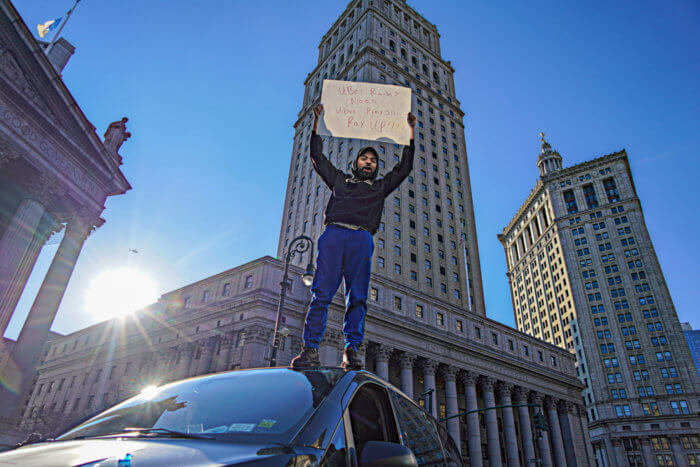
“Uber doesn’t think about the drivers, they just think about themselves,” said Samassa Tidiane, an Uber driver and NYTWA member, in a statement. “We’re suffering because car payments, insurance, food, gas, mechanic prices are all going up. If Uber was the one paying expenses for cars and gas, they would have raised the prices a long time ago, but it’s drivers who pay for everything out of pocket.”
“Uber is trying to steal our raises from us,” Tidiane continued. “We aren’t going to let that happen.”
In an amicus brief filed Dec. 23, NYTWA claimed “vehicle operating expenses” in the New York area have risen more than 250% since 2020 — costs borne entirely by drivers, who are also suffering under the boot of intense inflation in the price of food and gasoline. The restraining order has already cost Uber drivers approximately $12 million in wages, NYTWA says, about $1,000 per month for each driver.
NYTWA says the TLC’s hike was entirely in line with city law setting a minimum wage for rideshare drivers, the first of its kind in America, which requires the agency to consider, among other things, “the expenses of operation to the driver” in setting minimum pay rates. Should the raise not go through, the NYTWA says drivers will effectively be making less than the minimum wage.
“The rate adjustment…that Uber seeks to enjoin does nothing more than adjust the initial pay rates to the realities of consumer pricing, and ensure that its mileage reimbursement still covers drivers’ expenses, instead of leaving them paying for expenses out of the portion of their earnings that should be reserved for take-home pay,” reads the amicus brief. “Should the adjustment be enjoined, the result will be this: after putting down thousands of dollars annually for the expenses required to work for Uber, drivers will be left with sub-minimum wage pay.”
Siding with Uber and halting the wage increase, the union says, would amount instead to foisting drivers with the burden of a different kind of increase: a higher price of doing business.
“Uber’s drivers have spent the whole year paying higher expenses, without an increase that adequately accounts for increased fuel and vehicle costs,” the union wrote in the brief. “By its motion and petition, Uber seeks to ensure that it is the drivers– and only the drivers– who must continue to shoulder increased costs.”
This story has been updated with comment from Uber.
